Humans
Sign up for our newsletter
We summarize the week's scientific breakthroughs every Thursday.
-
 Health & Medicine
Health & MedicineA new antiviral pill cuts COVID-19 hospitalization and death rates
Merck says its drug, molnupiravir, stops viral replication and can be taken right after a COVID-19 diagnosis.
-
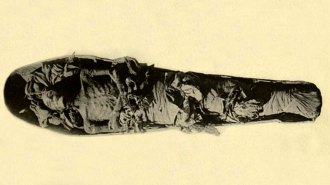 Anthropology
Anthropology50 years ago, X-rays revealed what ancient Egyptians kept under wraps
In the 1970s, scientists used X-rays to unravel mummy secrets. Now, advances in technology are providing unprecedented views of ancient Egyptians.
By Bruce Bower -
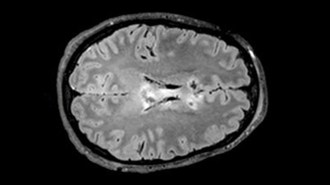 Neuroscience
NeuroscienceA blood test may help predict recovery from traumatic brain injury
High levels of a key blood protein point to brain shrinkage and damage to message-sending axons, providing a biomarker for TBI severity and prognosis.
-
 Genetics
GeneticsAll identical twins may share a common set of chemical markers on their DNA
Identical twins may share a set of unique chemical tags on their DNA that could be used to identify individuals who were conceived as identical twins.
-
 Health & Medicine
Health & Medicine50 years ago, scientists found a link between aspirin use and pregnancy complications
Scientists are still learning about the risks and benefits of taking aspirin at each stage of pregnancy.
-
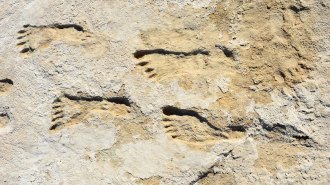 Anthropology
Anthropology‘Ghost tracks’ suggest people came to the Americas earlier than once thought
Prehistoric people’s footprints show that humans were in North America during the height of the last ice age, researchers say.
By Freda Kreier -
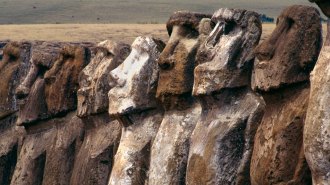 Genetics
GeneticsDNA offers a new look at how Polynesia was settled
Modern genetic evidence suggests that statue builders on islands such as Rapa Nui, also known as Easter Island, had a shared ancestry.
By Bruce Bower -
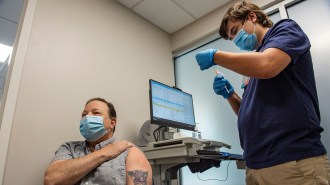 Health & Medicine
Health & MedicineWhy only some people will get COVID-19 booster shots at first
In the United States, boosters may next go to people 65 and older, those at high risk for severe disease and people whose jobs put them at high exposure risk.
-
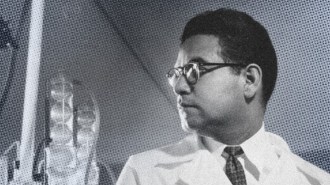 Chemistry
ChemistryLuis Miramontes helped enable the sexual revolution. Why isn’t he better known?
By synthesizing norethindrone, one of the first active ingredients in birth control pills, Luis Miramontes helped usher in the sexual revolution.
By Carmen Drahl -
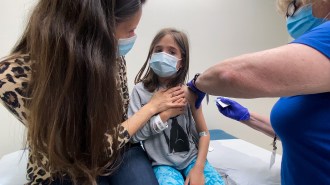 Health & Medicine
Health & MedicinePfizer says its COVID-19 vaccine is safe and works well for kids ages 5–11
A lower dose of the vaccine produced as many antibodies in elementary school–age kids as a full-dose shot did in teens and young adults.
-
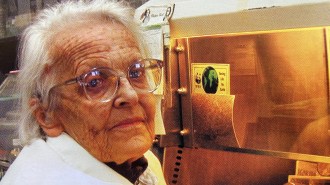 Health & Medicine
Health & MedicineBy taking on poliovirus, Marguerite Vogt transformed the study of all viruses
She pioneered the field of molecular virology with her meticulous lab work and “green thumb” for tissue culture.
-
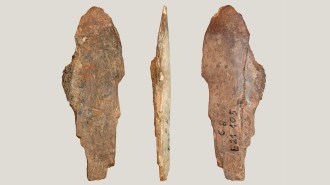 Archaeology
ArchaeologyStone Age people used bone scrapers to make leather and pelts
African cave finds include remains of skinned creatures and hide scrapers made from animal ribs.
By Bruce Bower